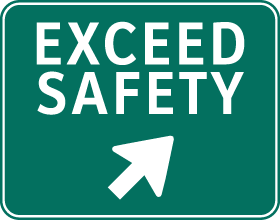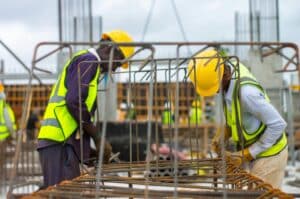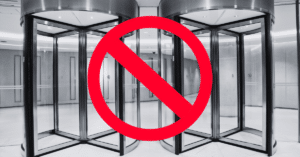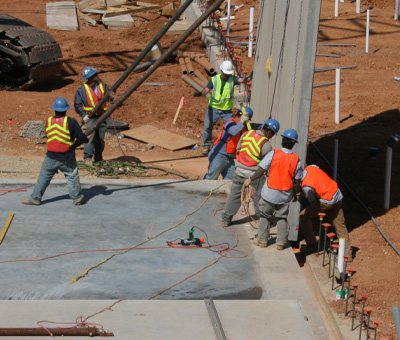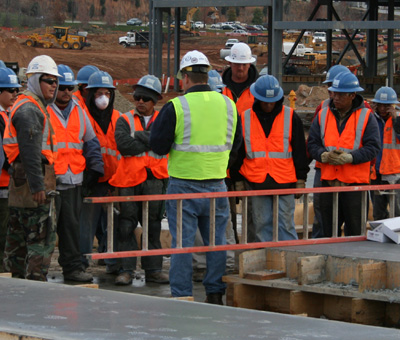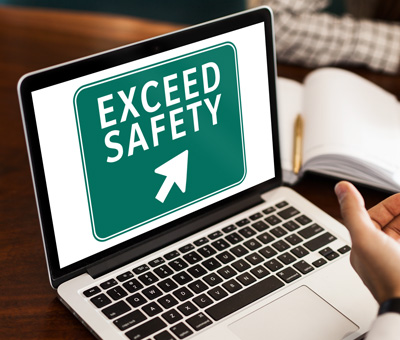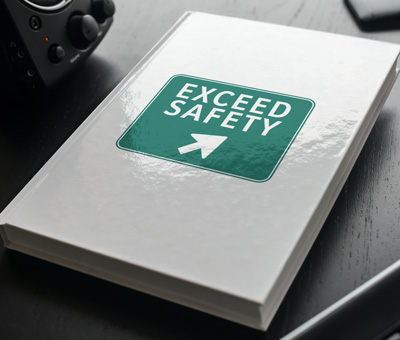Imagine this: A routine day at work turns disastrous in an instant. An electric box explodes in a blinding flash of light and searing heat, leaving workers in peril. This isn’t a scene from a movie—it’s the harsh reality of an arc flash event, a prevalent yet often underestimated danger in many workplaces.
Understanding Arc Flash Hazards
An arc flash is defined as the intense light and heat produced when an electric current travels through the air between conductors, or from a conductor to the ground. Common in settings like electrical rooms and panel boards, these incidents can be sparked by a variety of causes, including:
- Dust: Accumulation of dust can disrupt the normal flow of electricity, leading to arcs.
- Accidental Contact: Unintended contact with electrical conductors can create a path for electricity to arc.
- Condensation: The presence of moisture can facilitate electrical conduction through the air.
- Material Failure: Degradation of connectors or insulation can lead to electrical discharge.
- Corrosion: Corroded electrical components may lead to unexpected electrical arcs.
- Faulty Installation: Improperly installed electrical systems heighten the risk of arc flash incidents.
The Impact of Arc Flashes
The consequences of an arc flash are wide-ranging and potentially devastating. They can produce extreme temperatures, as high as 35,000°F, and pose risks of electrical shock and fires. The severity of an incident is influenced by factors like the worker’s proximity to the hazard and the response time of circuit breakers. Injuries from arc flashes include severe burns, injuries from being struck by flying debris, pressure wave-related harm, and significant noise-induced hearing damage.
Practicing the 3P Method
Chad Vaughan, Vice President of Vaughan Electric, emphasizes the importance of the 3P Method – Predict, Prevent, Publish – in managing arc flash risks:
- Predict: Assess and identify potential risks related to the work environment and equipment.
- Prevent: Implement safety measures and controls to minimize identified risks.
- Publish: Document and disseminate safety procedures and updates based on environmental or equipment changes.
Your Best Defense: Facility Surveys and Safety Protocols
The most effective defense against an arc flash is a comprehensive facility survey conducted by licensed professionals. This survey should focus on determining the requirements for working safely around electrical equipment, including:
- Establishing approach and protection boundaries based on the survey findings.
- Labeling equipment clearly to indicate these boundaries.
- Defining necessary Personal Protective Equipment (PPE) requirements.
- Implementing safety measures such as de-energizing circuits, ensuring proper work practices, insulation, guarding, setting up barricades, using Ground Fault Circuit Interrupters (GFCI), and grounding for secondary protection.
In situations where equipment cannot be de-energized, an energized work permit system should be employed as part of your Electrical Safety Program to ensure all necessary precautions are taken.
Role of Qualified Personnel in Arc Flash Safety
Ensuring safety also hinges on the involvement of qualified personnel – those who have been trained and demonstrated skills and knowledge in the construction, operation, and hazards of electrical equipment. These individuals are essential in maintaining safe operations and must:
- Possess the skills to distinguish exposed live parts from other parts of electric equipment.
- Be able to determine the nominal voltage of exposed live parts.
- Understand the clearance distances and corresponding voltages they will be exposed to.
It’s imperative that only these qualified individuals engage in work on or near exposed energized parts, adhering to the guidelines set forth in the Arc Flash Hazard label, including wearing the appropriate PPE, using insulated tools, and following other safety precautions.
Elevate Your Workplace Safety with Exceed Safety and Vaughan Electric
For expert guidance in managing arc flash hazards, look no further than Exceed Safety. Our tailored training programs and safety solutions, developed with insights from industry experts like Chad Vaughan of Vaughan Electric, equip your team to handle electrical safety challenges effectively.
Ready to enhance your safety standards? Visit Exceed Safety’s website to explore our services and sign up for our comprehensive training. For further expertise in electrical safety, check out Vaughan Electric’s offerings at their website here.
Continuous Improvement and Immersive Training in Action
Construction is a dangerous business. Risks are constant, standards shift, and complacency can be deadly. For Jennifer Lastra, a U.S. Navy veteran and current CEO of 360 Immersive, corporate-style training falls far short. True safety begins with continuous improvement, supported by real engagement on the job. Training Should Go Beyond a Click-Through Box “Corporate training…
Continue Reading Continuous Improvement and Immersive Training in Action
Breaking the Cycle of Revolving Door Safety Teams
You’re in the middle of your busiest season, desperately trying to keep up with deadlines, and out of the blue, your only safety person submits their notice. Now you’re left without safety personnel, putting your workforce at risk, and potentially falling out of compliance or breaching contractual obligations. What’s your next move? Do you appoint…
Continue Reading Breaking the Cycle of Revolving Door Safety Teams
Why Does Your Company Need a Safety Team?
The construction industry is undeniably a risky one. Even for simple construction jobs, the risks posed to employees are numerous and continuously evolving. Though some companies may be hesitant to invest in a dedicated safety team, having one provides numerous benefits pertaining to employee health, hazard reduction and company culture enrichment. So let us ask…
